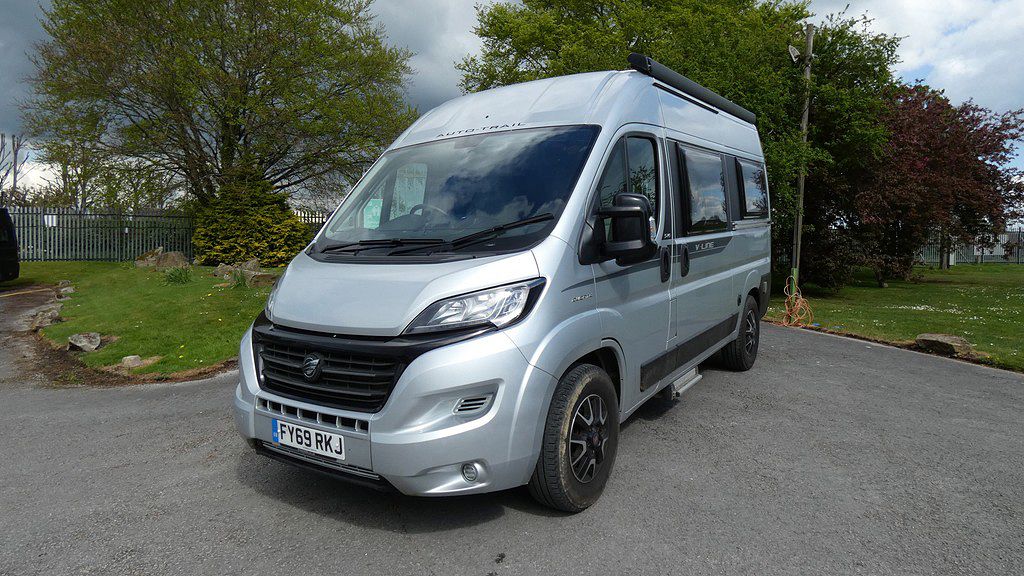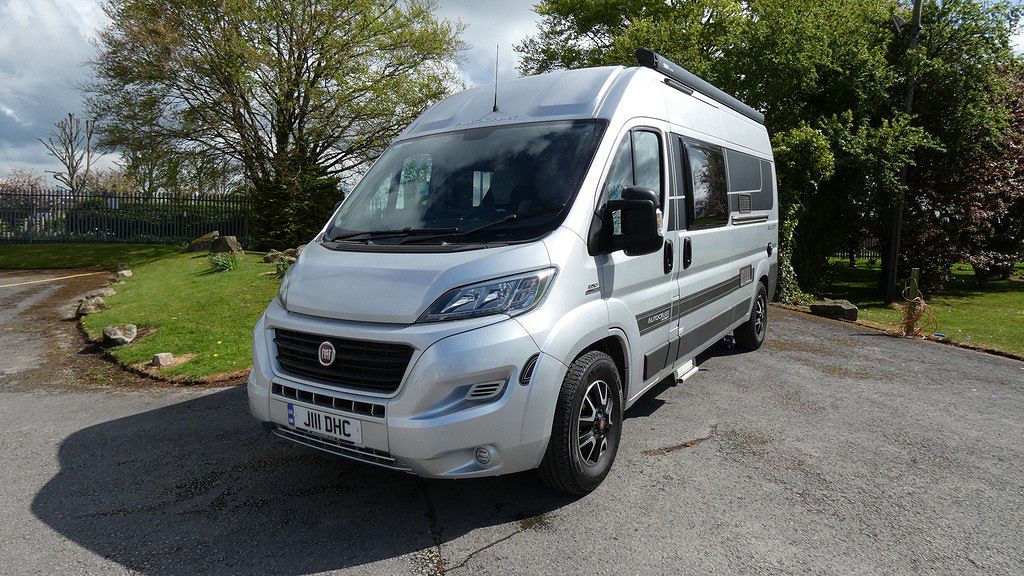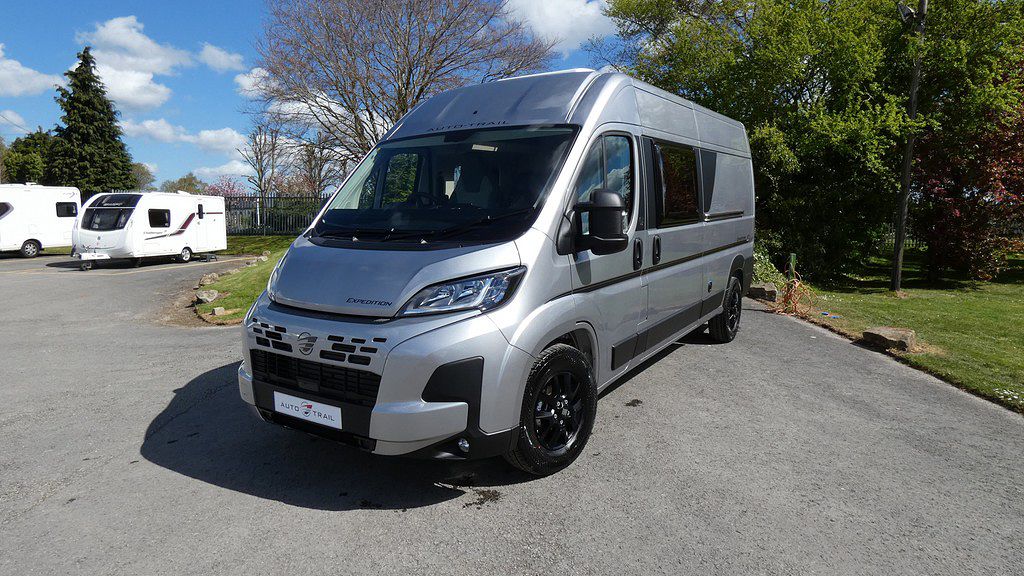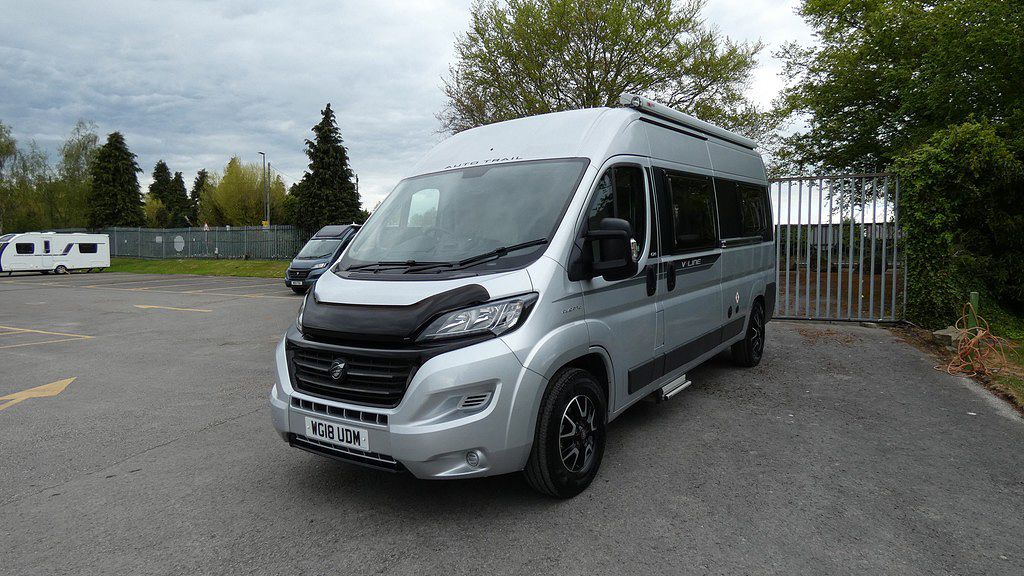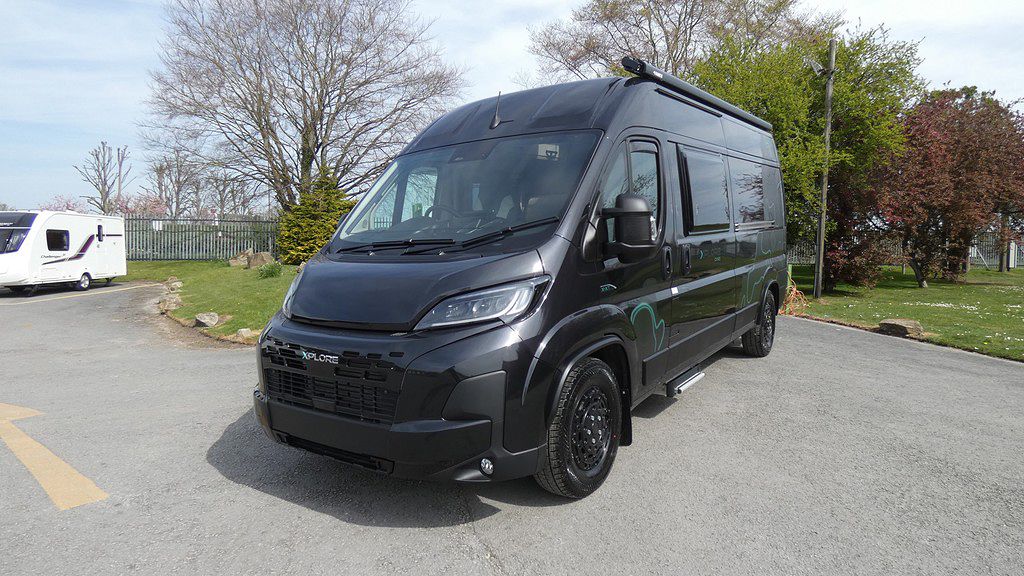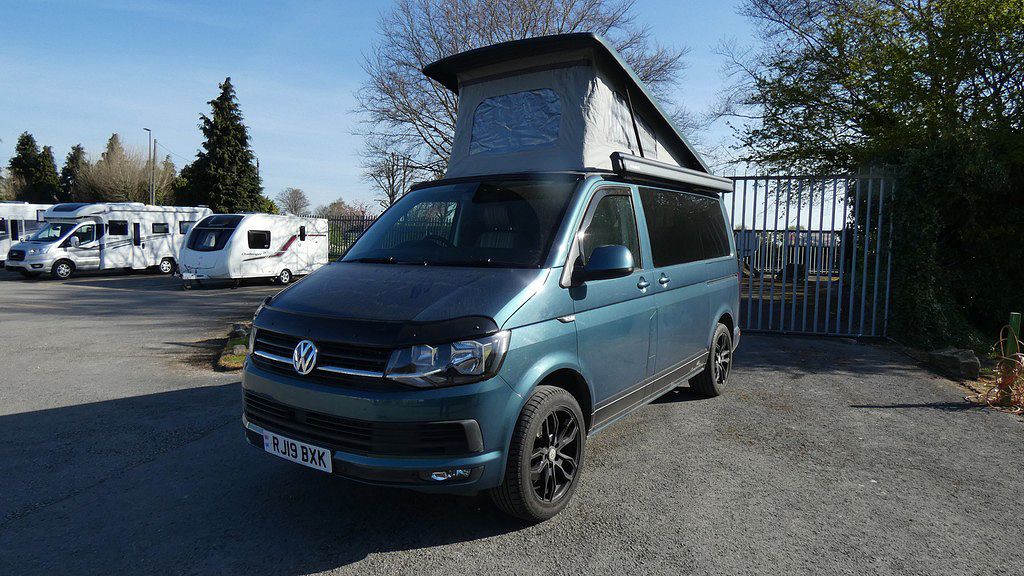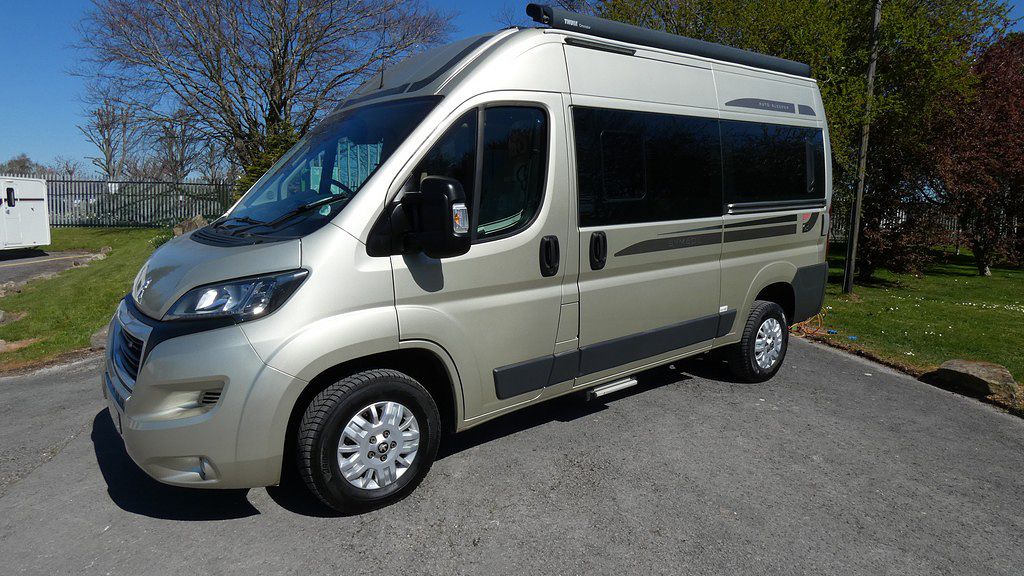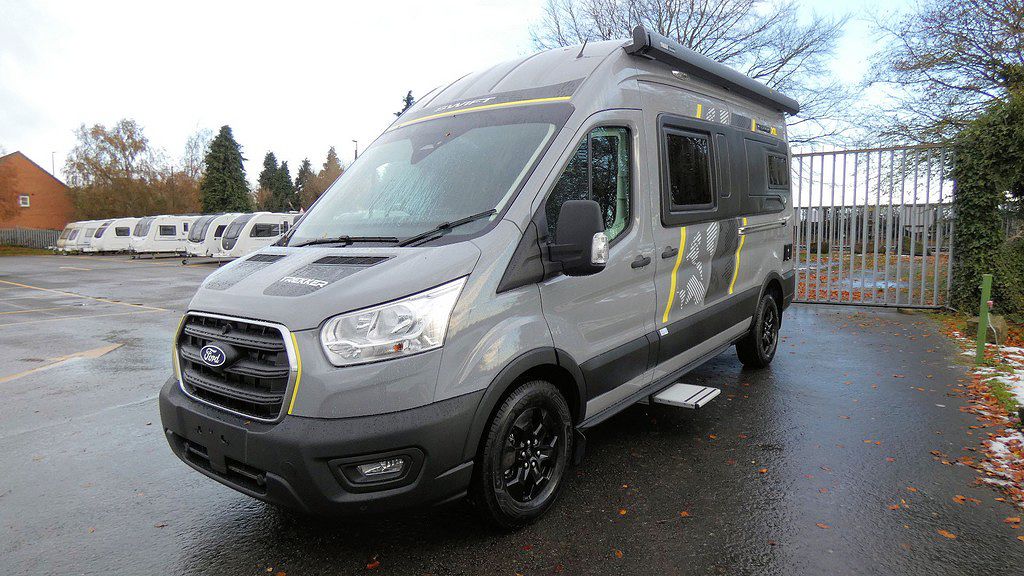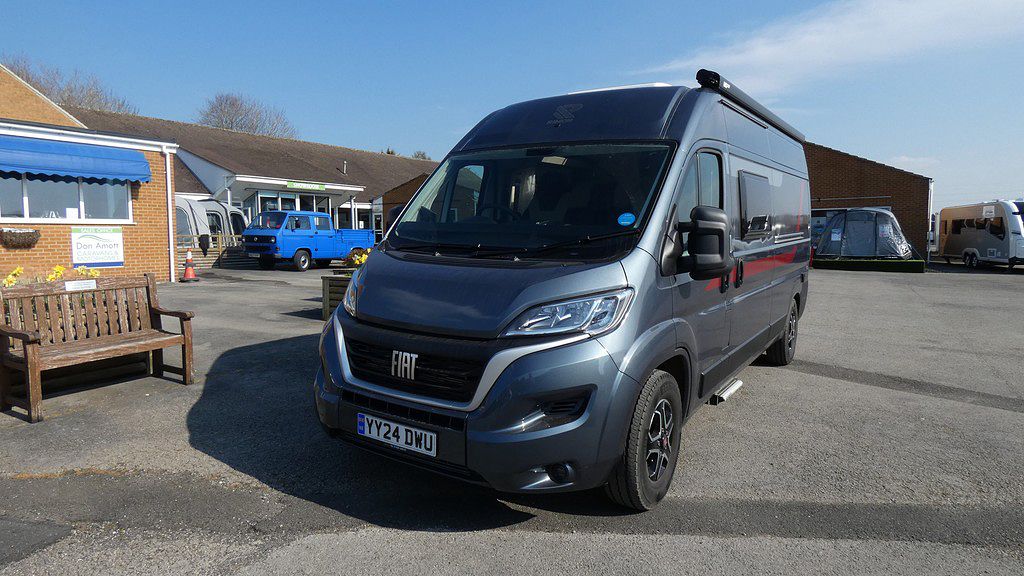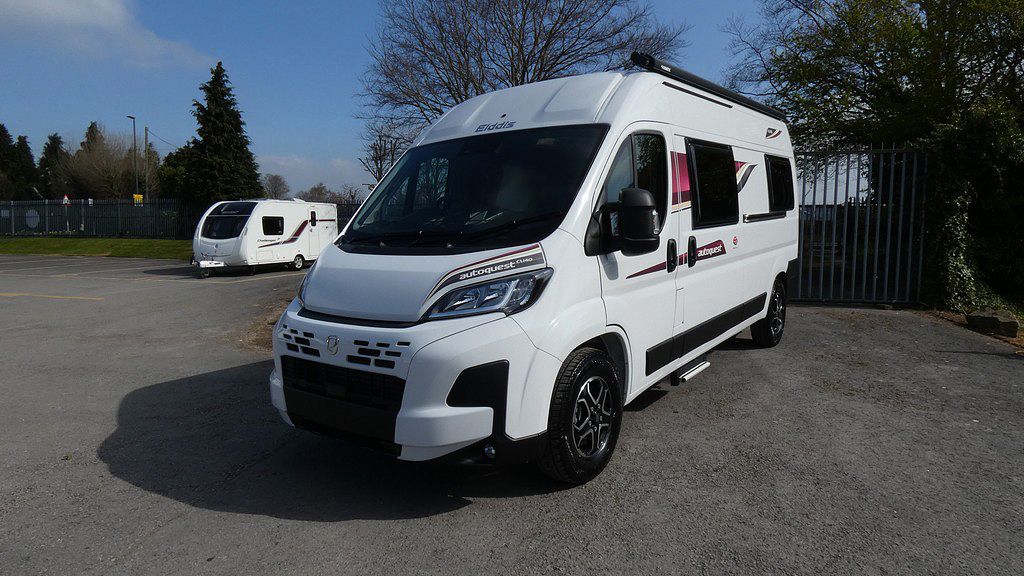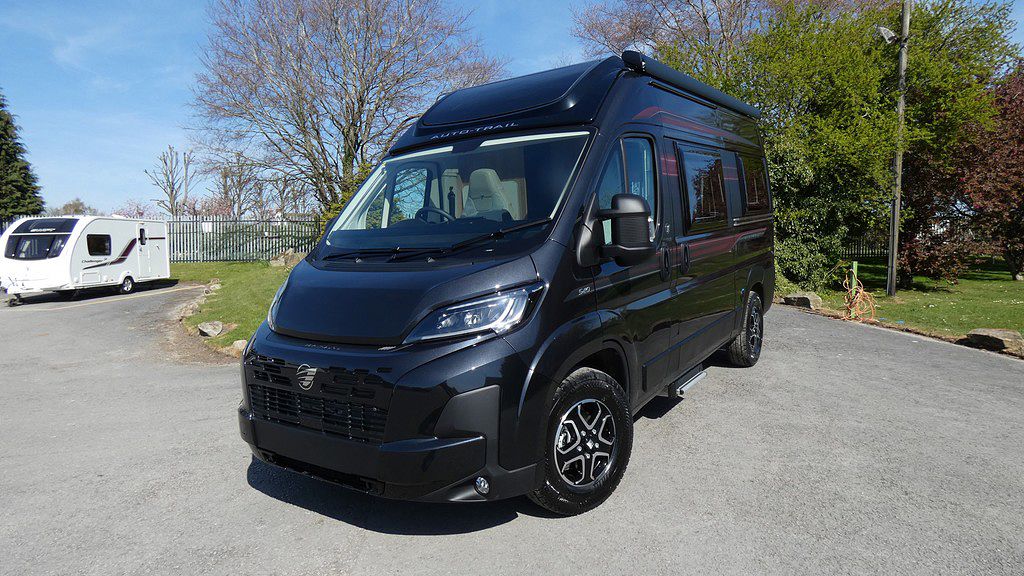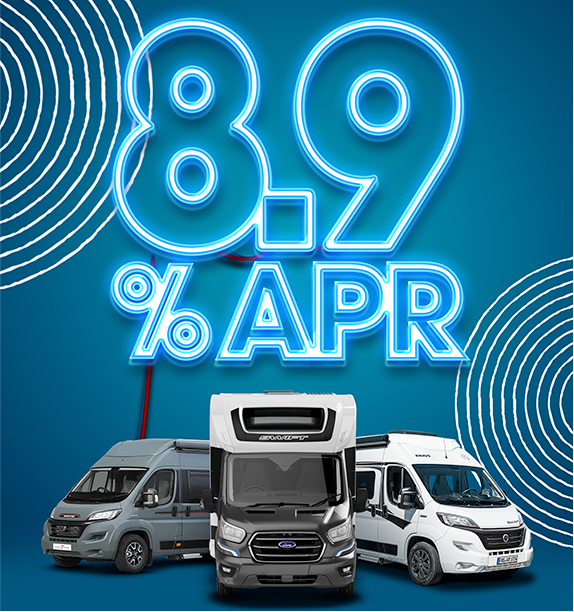A Guide to Vanlife in the Winter: What You Need to Know
6 minutes well spent
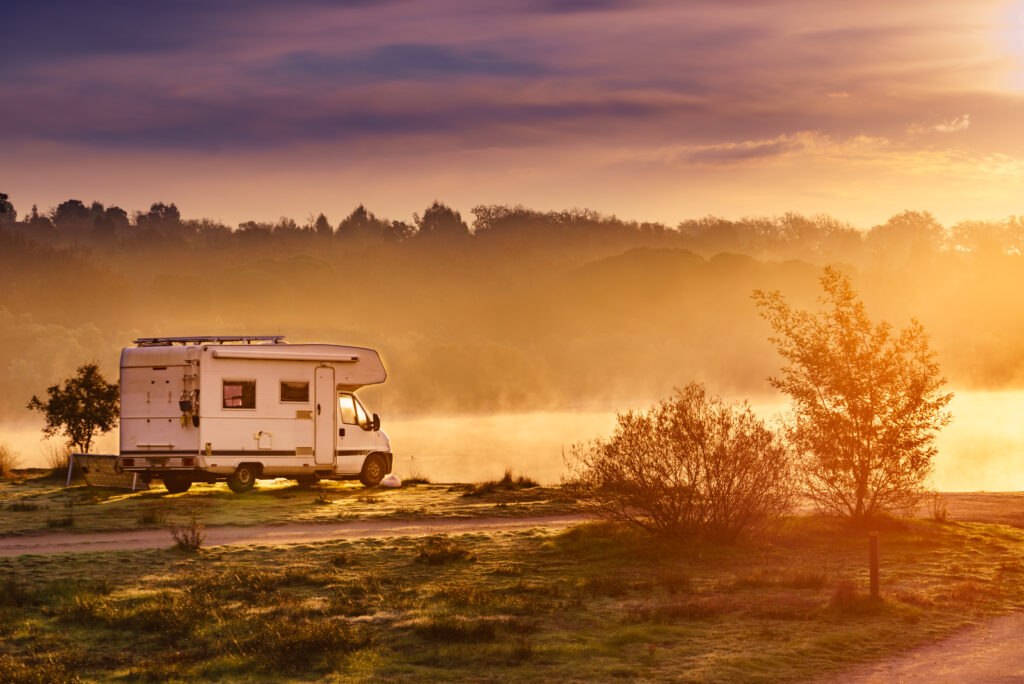
Buying a campervan from Don Amott can be an exhilarating experience – and the vanlife that follows can be an exhilarating way to live. Even, surprisingly, during the colder months of the year. There’s actually something a little bit magical about embracing winter out on the road. Those crisp mornings and frosty landscapes, enjoyed with a warm brew inside your very own cosy van space – and the feeling that you’re doing something unusual, pushing your lifestyle to its limits.
However, winter comes with a unique set of challenges for vanlifers and there are several things to consider making sure of a safe and comfortable time. This edition of our blog focuses on what you need to know.
Safety Considerations
Safety should always come first if you’re vanlifing in winter conditions – particularly if you’re travelling. There are some crucial safety tips to bear in mind.
- First aid kit: It’s really important to have a well-stocked first aid kit, as the risk of illness increases during the winter, and the risk of injuries is as present as it is all year round. Make sure your first aid kit is all kept together in one place, a box or a bag, easily accessible. It should include bandages, antiseptics and any personal medications you might need. Cold remedies (paracetamol, throat lozenges, decongestants and Lemsip-type drinks) are also advisable. You don’t want to be caught without these if you start coming down with a cold.
- Smoke and Carbon Monoxide alarms: With the increased use of heaters and stoves that’ll happen during your wintertime on the road, the risk of fire or carbon monoxide poisoning rises significantly. Make sure you have fully working smoke and carbon monoxide alarms with you in your van. You should test them regularly and replace the batteries at the beginning of your trip (make sure to carry spare batteries exclusively for use in these alarms, too). Keep a small portable fire extinguisher in an easily accessible location in your van as well.
- Emergency gear: As just about everyone in the UK will tell you, winter conditions can be on the unpredictable side! Carry emergency grear including a high-visibility jacket, warning triangle, lamp, shovel and tow rope. If your van gets stuck or breaks down in icy or snowy conditions, this equipment set could be a lifesaver. It’s also smart to carry a set of jump leads (and a spare tyre if there is the capability or room to carry one), just in case.
Keeping Warm During Winter
Keeping yourself (and your fellow travellers) warm is one of the biggest challenges for winter vanlifers. Your vehicle is both your mode of transport and your home – and it’s essential that you keep it a comfortable living environment.
- Insulation and draught proofing: Your first line of defence against the cold conditions is to have good insulation. If your van isn’t already insulated, consider adding insulation to the walls, floor and ceiling. Insulating the windows using thermal curtains or window covers will also help to prevent heat loss. To reduce draughts even more, you should use draught excluders on doors and windows.
- Heaters: There are a variety of different heating options available for campervans, including diesel heaters, propane heaters and electric heaters. Diesel ones are popular because they can run off the vehicle’s fuel supply and are efficient, while propane heaters give out quick heat but require proper ventilation and electric heaters are a good option if you have access to power. Whichever you choose, always make sure you follow all of the relevant safety guidelines.
- Warm bedding and clothes: Invest in a high-quality sleeping bag or duvet (rated for sub-zero temperatures) and layer your bedding with thermal blankets to help retain warmth. When it comes to clothes you should put on a thermal base layer, woollen socks and a winter hat – all essential to stay warm during cold nights.
Moisture and Condensation
Condensation is an inevitable part of vanlife – particularly in the winter – and can lead to dampness and mould, and damage to your van if it’s not managed correctly.
- Ventilation: Good ventilation is important in reducing moisture build-up. If your van has roof vents you should use them or crack open a window. These steps will promote airflow, even when it’s cold outside. It might seem counterintuitive to do this, but proper ventilation will help reduce condensation as it will allow the moist air in your van to escape.
- Dehumidifiers: A portable dehumidifier can work wonders in absorbing excess moisture. Alternatively, using moisture-absorbing products specifically designed for enclosed spaces, including silica gel packs, can help minimise dampness without the need to use electricity.
- Wipe downs: Wiping down windows, walls and surfaces on a regular basis will prevent mould growth where moisture collects. Keep a microfibre cloth handy.
Preparing Your Campervan For The Conditions
Winter conditions can be pretty harsh in the UK, especially if you’re travelling in rural or mountainous areas. Proper preparation of your vehicle can help you navigate any icy or snow-covered roads more safely.
- Tyres and traction: Putting on winter tyres is essential if you’re planning to drive in consistently snowy or icy conditions. This type of tyre provides a firmer grip and better handling in those road conditions compared to ‘normal’ tyres. You may also want to carry a set of snow chains for particularly challenging terrains (ie. a chain device that fits around tyres to provide extra traction). Unless you are completely confident about fitting these correctly, get a professional or expert to help. Before setting off on your trip, make sure the treads are in good legal condition and your tyre pressure is right.
- Anti-freeze and screen wash: Use anti-freeze in your engine’s cooling system and top up your windscreen washer fluid with a winter-specific solution. These steps will prevent the fluid from freezing in low temperatures and help maintain visibility.
- Ice scraper: Pack a couple of sturdy ice scrapers and a snow brush. You’ll need these to clear your windscreen and windows each morning. De-icer spray can be useful for locks and windows that are difficult to clear with just a scraper.
- Water supply: To prevent your water supply from freezing, insulate your water tanks and pipes. Alternatively, keep water containers inside the van where it’s warmer. A simple but effective tip is to store water bottles in your sleeping area – your body heat will prevent them from freezing overnight.
Coping With Darker Days
Winter means there will be a shorter number of daylight hours, and this can impact your vanlife routine. Plan days around the available daylight (check online so that you know when the sun will rise and set) and make sure you have ample lighting inside the van for when it’s dim or dark.
- Lighting and power: Rechargeable LED lights are a great option for vanlife as they consume less power than standard lighting. Headlamps are useful for when you need to step outside in the dark or work in tight spaces. Make sure your power system, whether it’s solar or battery-based, can sustain your energy needs when there’s less sunlight.
- Mental health: It may seem like a secondary or minor consideration, but your mental health during winter road trips is important. Spending extended periods in darkness can be tough so try to spend time outdoors during daylight hours, even if it’s just for a breather or a short walk. Take along some books, games or hobbies so you can keep yourself entertained and occupied during long dark evenings.
- Stay connected: In winter it’s even more important than usual to stay connected to ‘home’ just in case of emergencies. Make sure your mobile phone is regularly charged and that you’ve brought a back-up charging cable and source of power. A good mobile signal booster might also help if you’re in quite a remote area that has poor mobile signal. Before you set off on the trip, download any maps you’ll need and save the numbers of any emergency contacts in your phone in case you lose internet access.
Buying a van from Don Amott and enjoying winter vanlife can be incredibly rewarding. You’ll enjoy truly unique experiences and see some stunning UK scenery in a totally different way to how you might expect. By planning your route, preparing your van, taking appropriate safety measures and being mentally prepared for the darker days, you can really embrace the coldest season!

